Nov 05, V7N- North Korea conducted another round of missile tests on Tuesday, launching several short-range ballistic missiles into waters east of the Korean Peninsula, according to South Korea's military. This marks Pyongyang's second missile launch within days and coincides with the U.S. presidential election.
Seoul's Joint Chiefs of Staff reported the missile launches at approximately 7:30 am local time (2230 GMT) and stated that they have enhanced surveillance and readiness in anticipation of further launches. The South Korean military is sharing information with its allies in Tokyo and Washington, who also confirmed the missile launch.
The recent tests come shortly after North Korea showcased what it claimed to be its most advanced solid-fuel intercontinental ballistic missile (ICBM) last Thursday. This test followed allegations that North Korea had sent soldiers to Russia, leading U.S. and South Korean defense leaders to call for the withdrawal of these troops, which they warned might be deployed for potential action in Ukraine.
In response to the ICBM launch, South Korea, Japan, and the U.S. conducted a joint air drill that involved the deployment of a U.S. B-1B bomber alongside South Korean and Japanese fighter jets. These military exercises are viewed by North Korea as provocative and akin to rehearsals for invasion.
Kim Yo Jong, sister of North Korean leader Kim Jong Un, criticized the joint drill, asserting that it highlighted the "hostile and dangerous aggressive nature" of the U.S. and its allies toward North Korea. She claimed the exercises validate the country's strategy to enhance its nuclear capabilities and warned that any disruption to the power balance on the Korean Peninsula could lead to war.
Experts suggest that North Korea's recent missile tests may be intended to divert attention from its alleged troop deployments to Russia or to elevate its profile ahead of the U.S. election. South Korea has accused North Korea of providing military support to Russia in its conflict with Ukraine, with concerns that the North may receive new military technology or expertise in return.
Although North Korea denies sending troops, its vice foreign minister has stated that any deployment would comply with international law. Meanwhile, South Korea is considering a shift in its longstanding policy against supplying weapons to active conflict zones, prompted by the ongoing developments.
END/WD/RH/



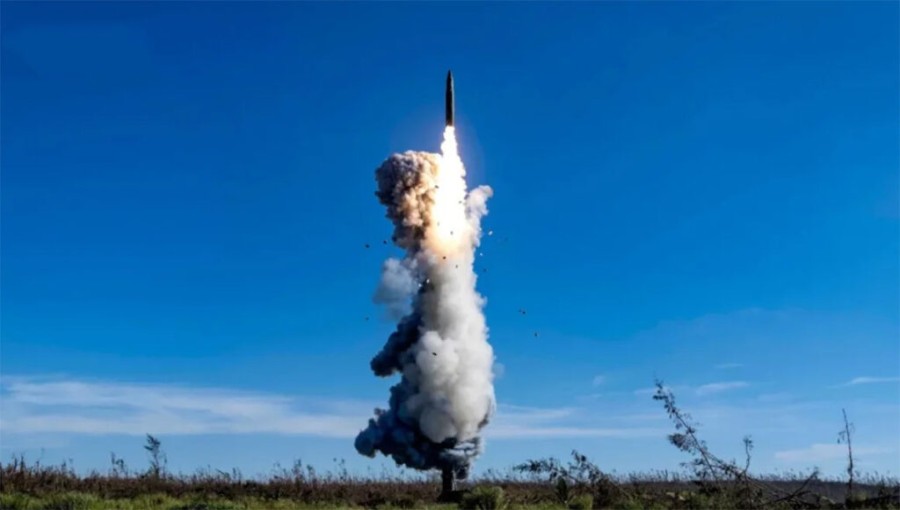
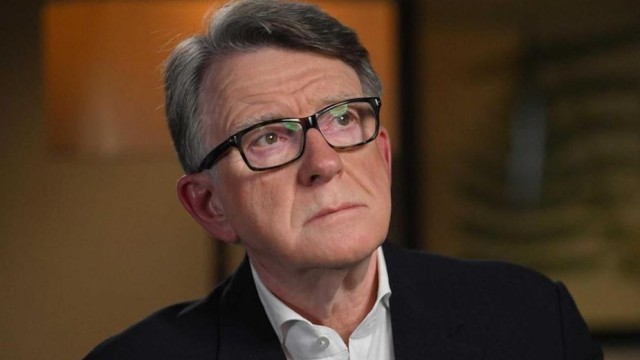

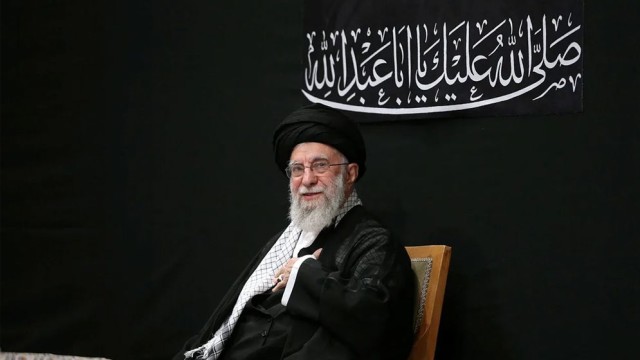
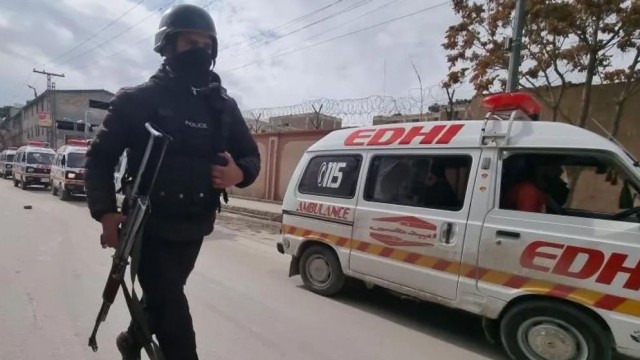
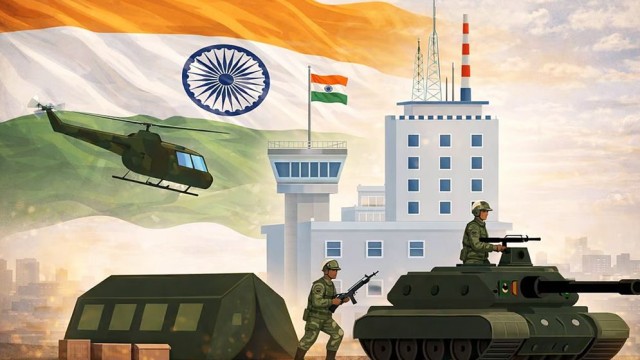


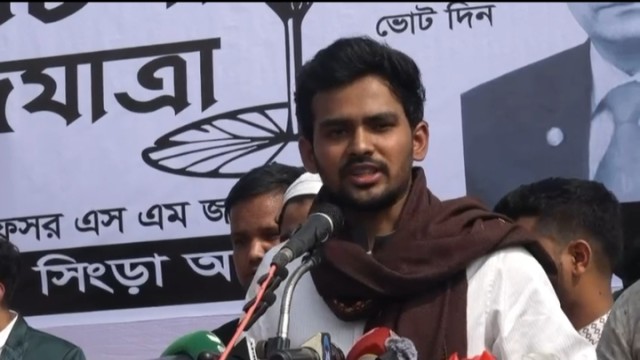
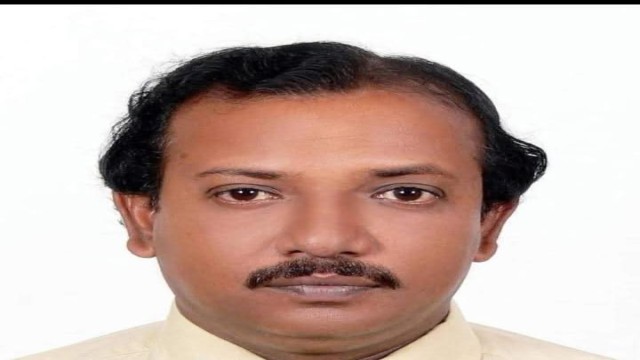


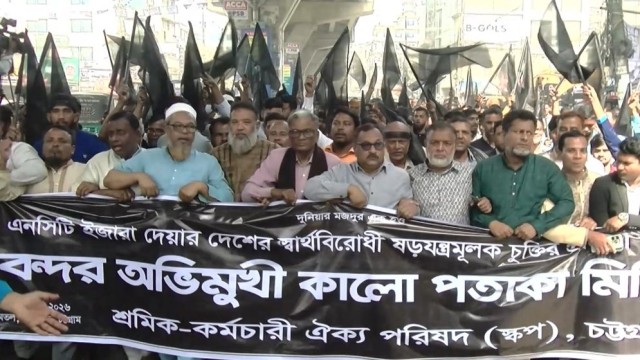
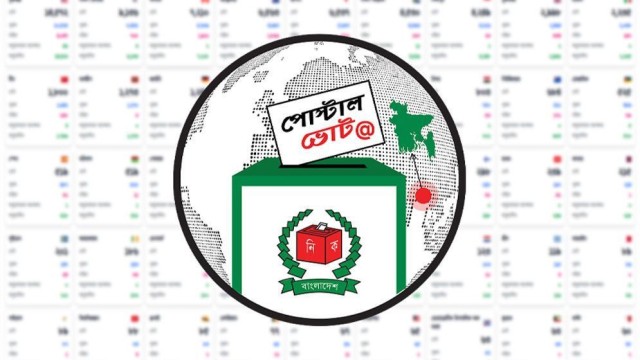
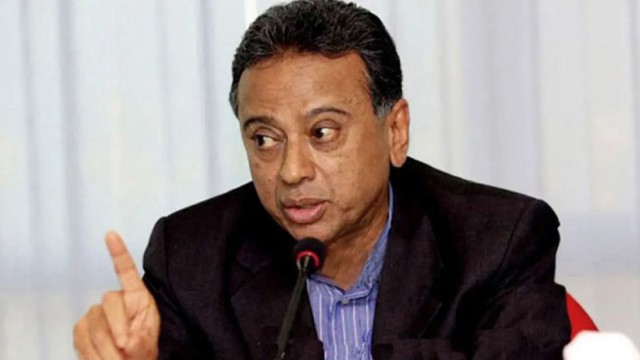

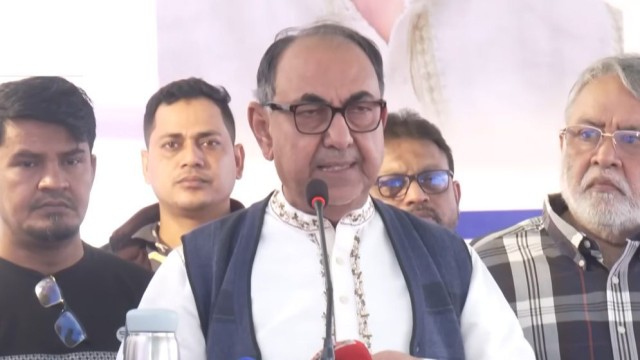








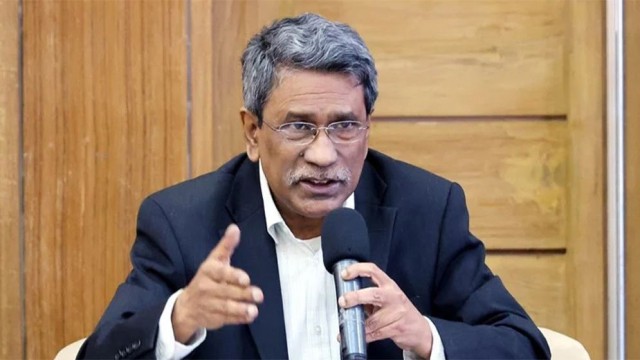
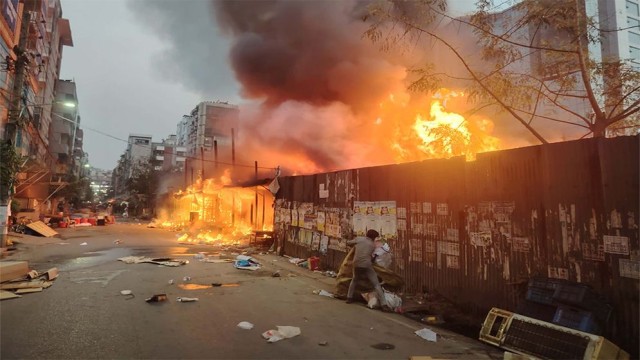

Comment: